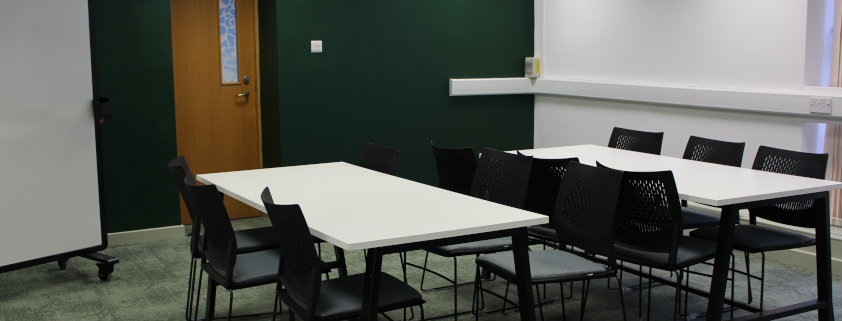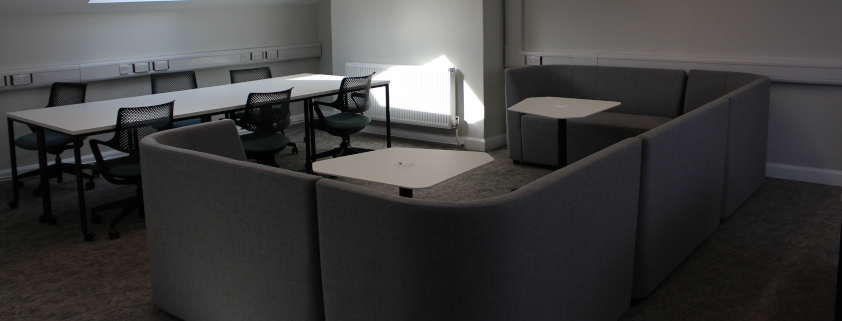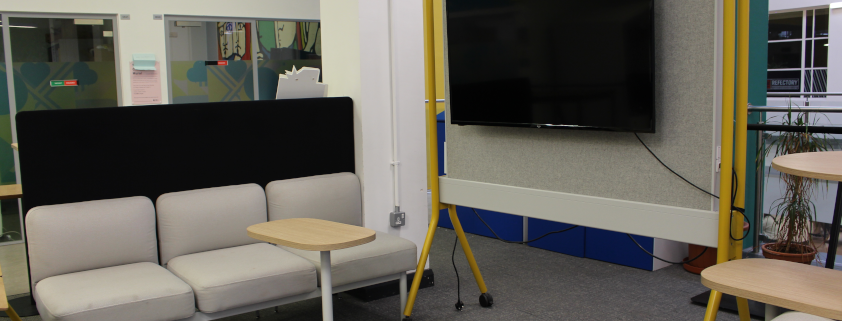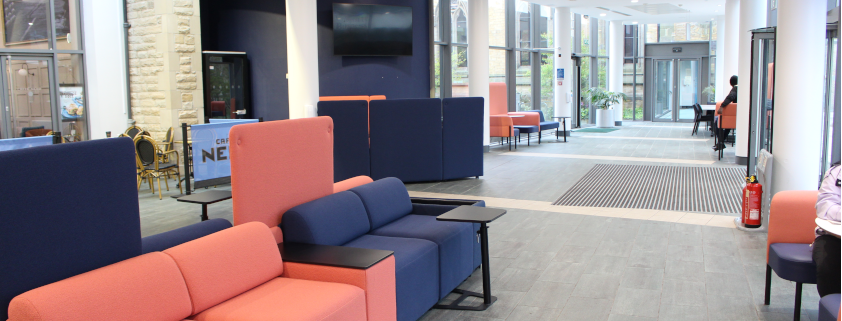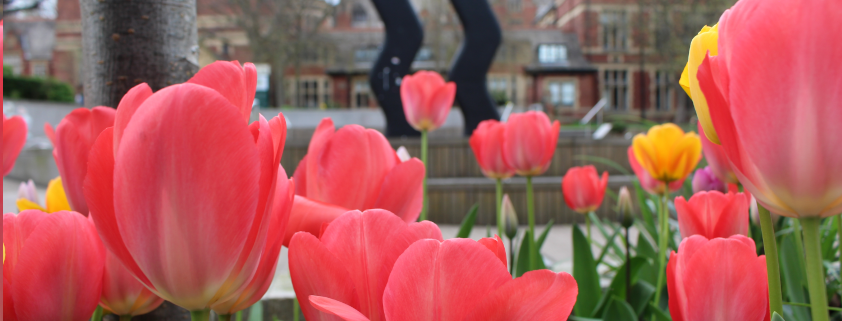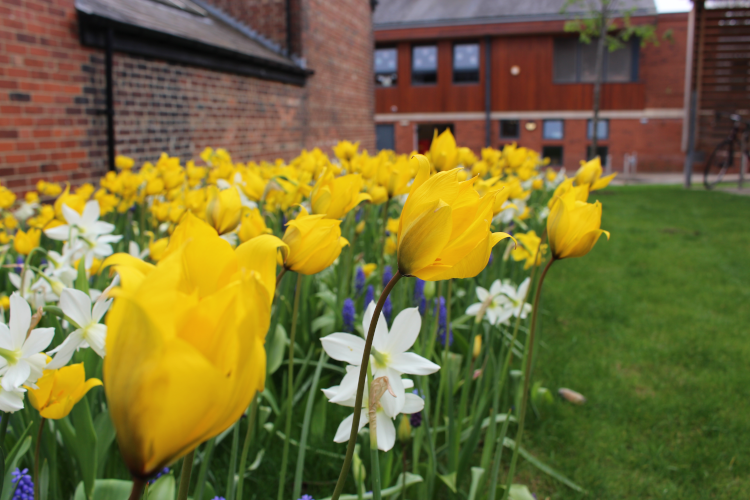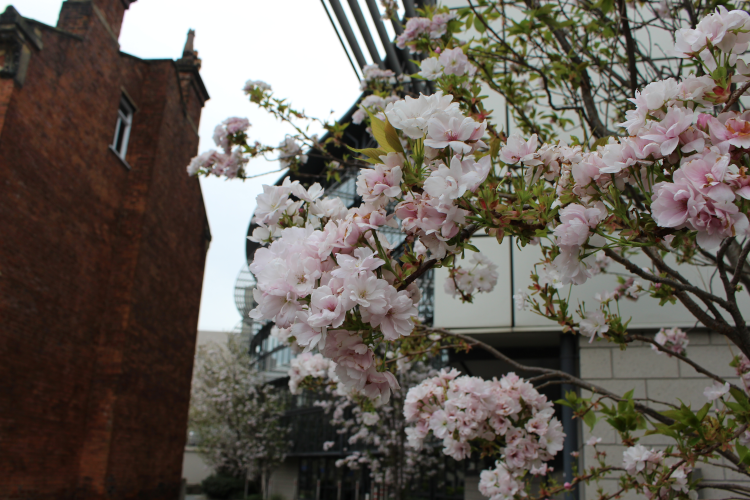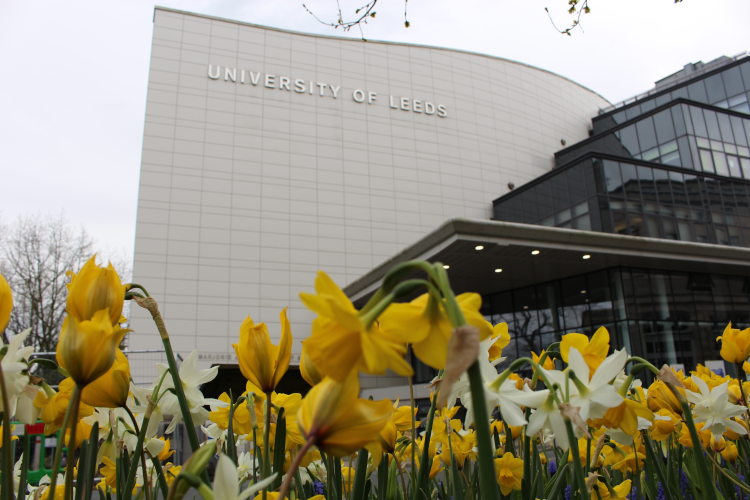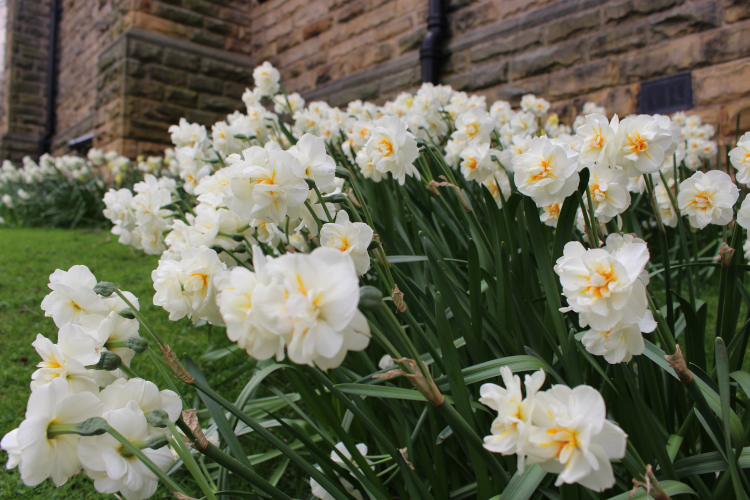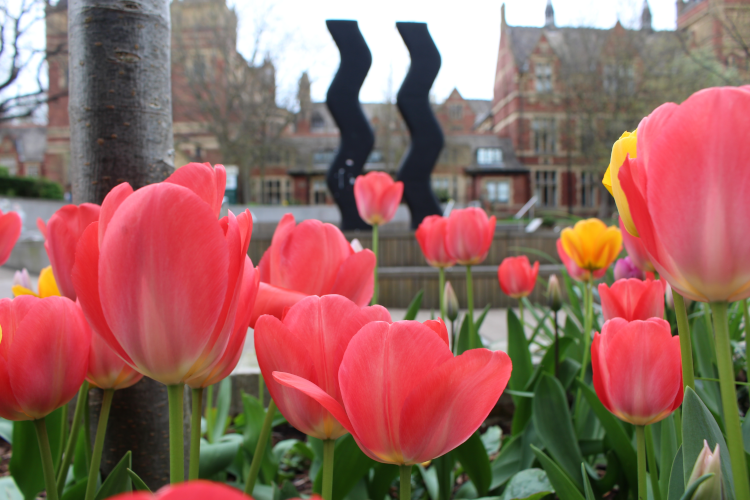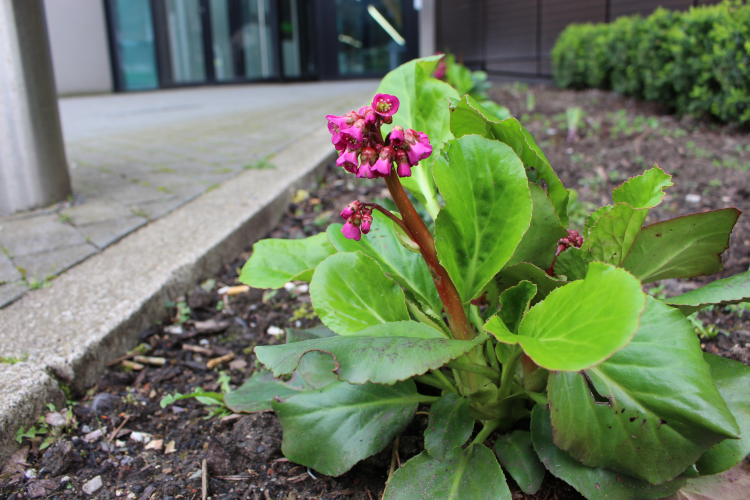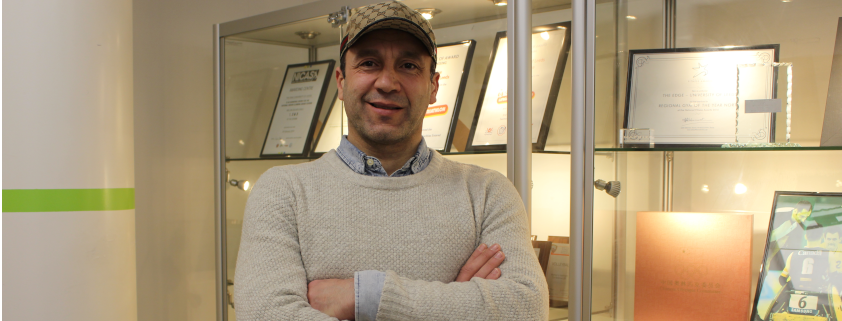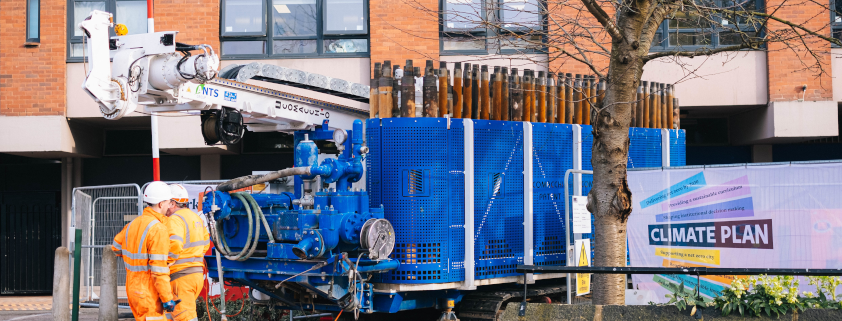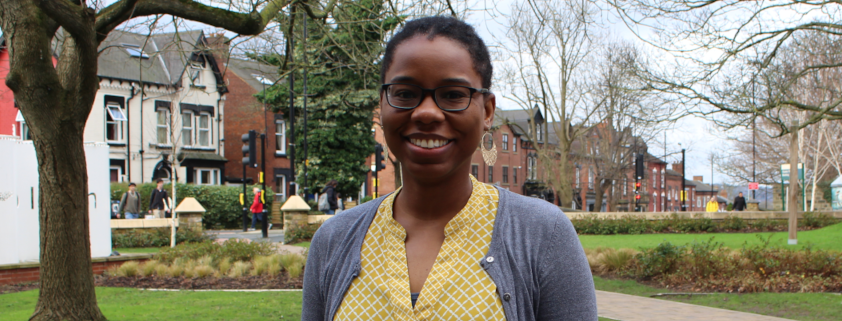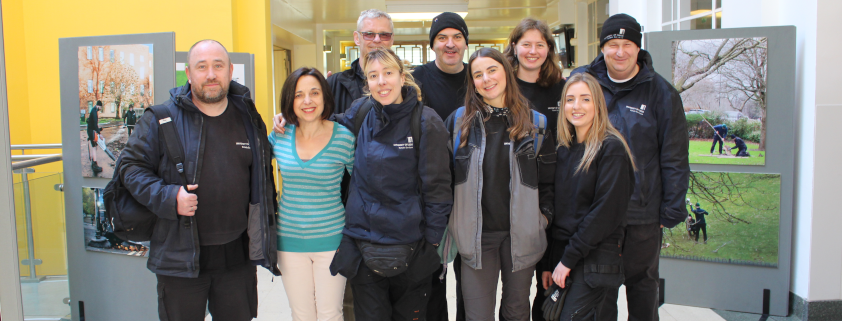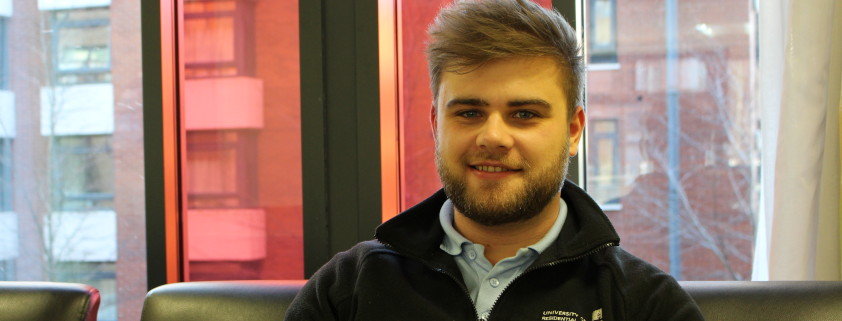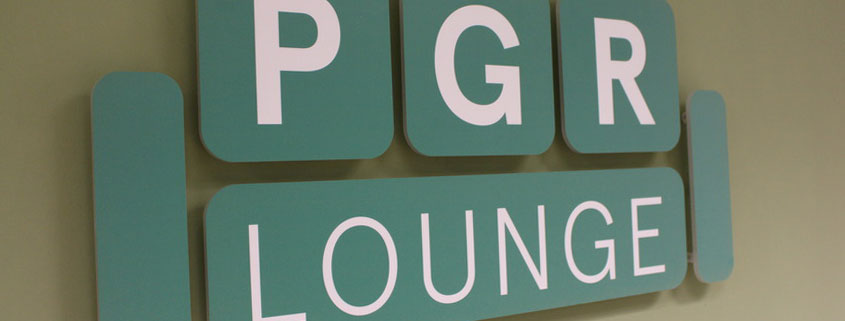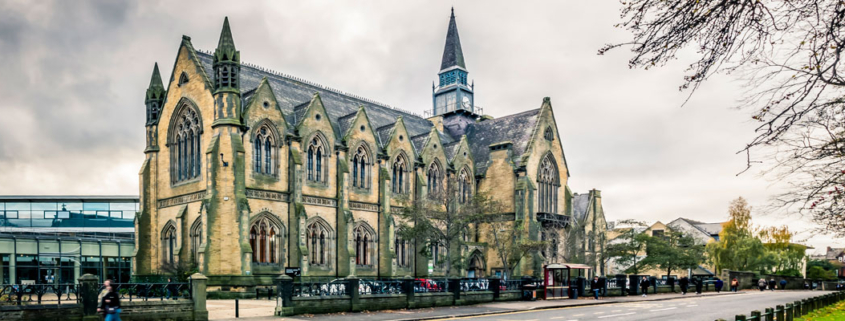Meet Matthew Whiteley, Residence Service Supervisor at the University of Leeds. Matthew is one of the Facilities Directorate’s Staff Voice Champions.
The FD Staff Voice is a forum where volunteer representatives from the directorate discuss ideas, questions and concerns raised by their colleagues and work together to find solutions.
This is the first in a series of interviews with FD Staff Voice volunteers.
Can you describe your job in a few sentences?
My job is to provide a great service for the students living in our accommodation. We do everything, from maintenance and admin support to welfare. A large part of the job that I do specifically is to organise the accessible equipment for the whole department.
It’s a job that you can make whatever you want out of it – if you prefer more admin, behind-the-desk work, you can do that. Alternatively, if you want to be more practical and hands-on, there’s definitely scope to do that. I think I sit very much in the middle. I like to specialise in everything I can.
Can you explain what the FD Staff Voice is from your perspective?
Staff Voice is a platform for members of the Facilities Directorate to meet and discuss how we can improve the working environment, our connections across the FD and how we can work more closely together. It’s about discussion, it’s about being open-minded and it’s about looking to the future.
How did you become involved in the FD Staff Voice?
My senior management team promoted it when it was first established last summer, and I was encouraged to apply as it would be good for my development.
I was pleased that this initiative was largely marketed at grades two to five as I know some of those colleagues can find it harder to suggest and effect change in their departments.
What does your role in the FD Staff Voice involve?
It’s about taking feedback from colleagues, about discussing ideas and listening to issues and how we can turn that into positive change for the department. It is also about feeding back to my colleagues so they see that their ideas can really make a difference to our working environment.
What do you find to be beneficial about being a part of the programme?
It’s helping colleagues and helps to make a difference and lasting change, and it’s also really good to make connections, both across my wider department and across the FD.
I’ve met so many people from areas that I thought would have nothing to do with my job, and yet, when you meet them and talk to them, you realise that we’re working towards the same goal.
What would you like to achieve as part of the group?
My ambition is to use the platform to be a voice: quite literally what it says on the tin. I want to take feedback from colleagues and to be able to take that to a higher level.
We have a meeting coming up soon to discuss how we can implement changes based on the staff survey that was completed last year. I’m really looking forward to seeing how those changes can positively impact our day-to-day lives at work.
Why is the FD Staff Voice important to colleagues?
It’s about giving people a voice.
It’s already in the consciousness of the department. People are already open to discussing ideas, so we can take that forward as Staff Voice develops, because it is a new thing and is evolving.
There’s a lot of work going on in the background, behind-the-scenes for Staff Voice. It is new, it is still evolving and it’s still developing. Where we’re at now with Staff Voice is not where we’re going to be forever. It will become a much bigger part of the day-to-day experience of working in the FD.
Find out more about the FD Staff Voice.
